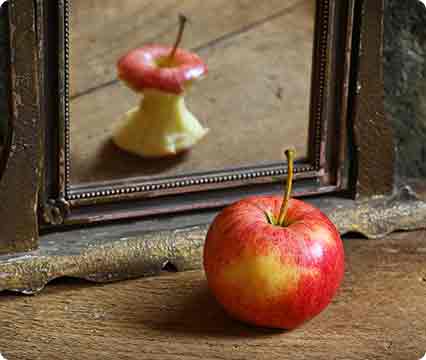Effect of food cues on time perception: influence of calories and diet control
The objective of this study by Hallez, Filippone & Shankland (2022) was to explore how observing foods – presented as images – of varying calorific content impacts how we perceive the passing of time. In the first experiment, 92 adults completed a temporal bisection task, viewing pictures of high- or low-calorie foods and matching non-food images. A second experiment involving 102 participants replicated the first but excluded the condition with low-calorie pictures due to weaker effects observed. Across both experiments, consistent findings emerged: participants tended to overestimate time durations when exposed to pictures of high-calorie foods compared to non-food images (Experiment 2). This effect varied based on participants’ self-reported level of dietary control in both experiments. Surprisingly, greater self-reported dietary control was associated with less time overestimation in response to food stimuli, contrary to expectations. Participants who reported stricter dietary control also reported lower arousal levels when viewing high-calorie food pictures, suggesting that the modulation of time perception might be linked to the arousal response triggered by such images. [NPID: Time perception, food stimuli, high-calorie foods, low-calorie foods, arousal response, dietary control, calorie content]
Year: 2022
 Navigation
Navigation






